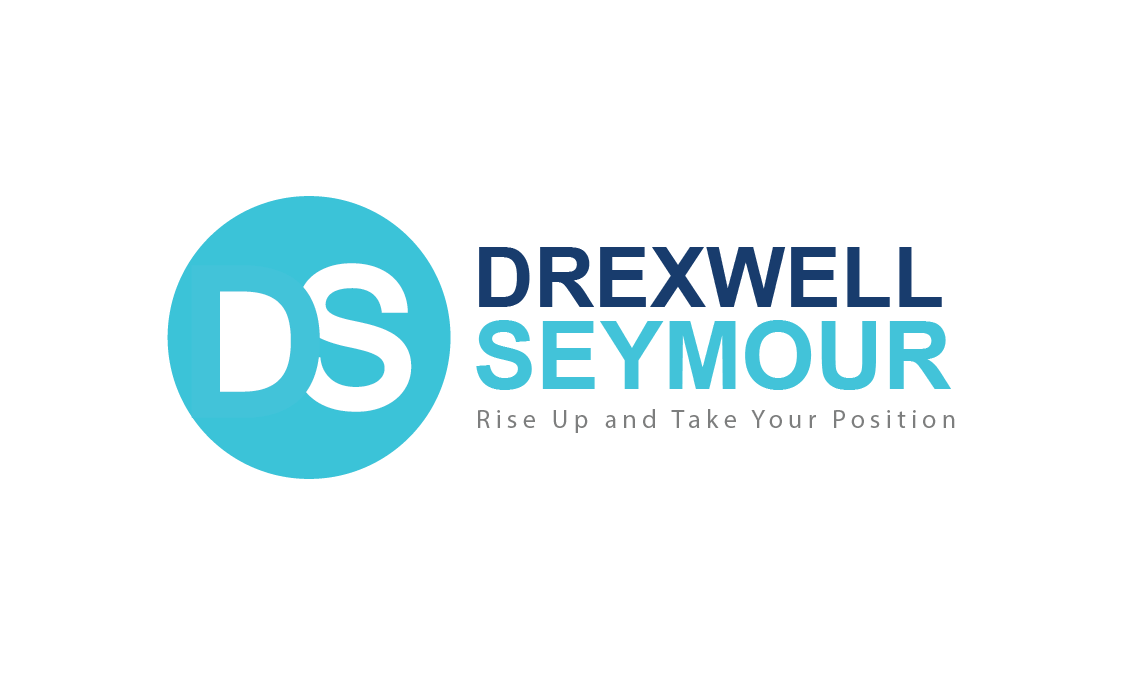Don’t point fingers at NHIB alone – make sure more treatment is done locally
Introduction
The National Health Insurance Program (NHIP) came into existence in 2009. The two hospitals in Turks and Caicos opened in April 2010. I am unsure of the Government’s thought process at that time, but I believe the NHIP was implemented to assist with the coverage of the health care cost at the local hospitals. I can only assume that the Government thought by having these two hospitals here, there would be less reliance on sending patients abroad. Therefore, the National Health Insurance Board (NHIB) was never responsible for covering the cost of treatment abroad even though they manage the treatment abroad program (TAP). The Government is legislated to cover the cost of treatment abroad and should provide funding to NHIB for those costs. The Government provides a subvention to NHIB, although there is no detailed breakdown of this subvention.
NHIB, like many government departments and private sector, faces internal issues. The main challenge for NHIB is the high number of patients needing treatment, many of whom require referrals abroad. The subvention and the income that NHIB receive from their contributors, cannot cover the cost of overseas treatment, leading to severe underfunding.
Appointment of Examiner
On March 7, 2025, the Governor announced the appointment of an examiner and the removal of the NHI Board. While I agree a review of National Health Insurance Program is needed, I am not sure an examination was needed. Furthermore, NHIB is required to be audited on an annual basis. The scope of the work that the Governor is asking the examiner to do can also be done by the local audit firm.
I am concerned about the engagement of an external company to serve as the examiner as I think this is an insult to the local professional firms in the Turks and Caicos. How transparent was this? Was this advertised? Is this an audit of the financial statements? Did the National Audit Office or the Procurement Department take part in the selection of this firm?
This situation is reminiscent of the liquidation of TCI Bank, where a foreign individual was appointed as the liquidator and continued to benefit from this role.
Appointment of Interim Directors
The Governor also announced the appointment of interim directors. The interim directors of the NHIB are basically all civil servants, some of whom are ex-officio members of NHIB anyway. My main concern is that some individuals on the Board have biased views about NHI and do not recognize its importance. In my opinion, there is also a conflict of interest by having only these individuals as interim directors. We need independent views and individuals that are not biased. Some private sector individuals who have expertise in the area should have been appointed, or the existing Board retained.
The NHIP program
Employees pay 3% and the employer pays 3% on a monthly salary ceiling of $7,800. You need to be registered for six months to receive NHIB service. When a registered individual goes to the local hospitals, they are only required to pay $10. If local hospitals can’t treat you, NHIB will arrange for overseas medical care. The annual expenditure for sending patients abroad has exceeded $20 million.
The NHIB is not problematic. The funding is the problem. It is an agency that collects funds from registered subscribers and the Government, which are then used to pay for hospitals, local private facilities, and overseas facilities. If their expenses exceed their revenue, it is a significant issue. NHIB is not obligated to cover overseas medical treatment or costs for state wards, indigents, pensioners, and hospital utilities.
In the 2024/25 budget NHIP estimated revenue was $45,357,319 while the total expenditure was expected to be $80,247,112. I do believe the income is an error because the subvention from TCIG is only showing 24,540 and does not include the $35m in 2024/25 like the prior years. Including the government subvention of $35,491,906, the total income would have been $80,824,673.
In the 2023/24 estimates, total income was $76,987,262 including the Government subvention of $35,491,906. The total expenditure was $77,708,738.
In the unaudited financials of 2022/23, the total income was $76,073,460 including the Government subvention of $35,084,430. Total expenditure: $78,176,676.
As you can see in most cases above, the expenditure is higher than the income and the subvention from Government is almost equivalent to the payment to Interhealth Canada for clinical services.
The operational cost of NHIB is not significant, a little over $3million. The main costs are the overseas medical treatments, the interhealth clinical services and the hospitals utilities. You may want to know why NHIB is paying for the hospital utilities. If the hospital covers the utilities directly, an additional 8% will be charged to the Government as stipulated in the contractual agreement. To avoid the 8% charge, NHIB is paying it directly.
The state of our health
Too many people are getting sick in this country and must be sent abroad. Additionally, individuals with pre-existing conditions are permitted to obtain a work permit, which further contributes to the burden on our country’s healthcare system. I don’t see the point in getting a health certificate when you are still being approved for a work permit.
I challenge the Ministry of Health and NHIB to collaborate on a massive campaign on preventative health measures. Often, patients arrive at hospitals too late for treatment. We need to prevent this and one way to do so is through education.
Our hospitals and local treatment
We have two hospitals in this country. While they are not at a tertiary level, the Government must review the operations of these hospitals so that more cases can be treated locally. Despite the availability of local private medical facilities, we still send patients abroad for treatment.
The Government should collaborate with private medical facilities and enhance hospital resources to reduce the need for sending patients abroad.
The funds allocated for sending individuals overseas could be utilized differently and locally.
Conclusion
If the Government wants to continue with the National Health Insurance Program, then the Government must do its part by ensuring that more funds are allocated to NHI for treatment abroad. The Government also needs to provide a detailed allocation of funds for wards of state, indigents, pensioners, non-beneficiaries, the treatment abroad program, payment of hospitals’ utility bills.
If the Government thinks that NHIB is the issue, then they can discontinue this program and make everyone pay directly for their health services out of their own pockets or legislate that everyone gets private insurance. Of course, many people will not be qualified for private insurance because of pre-existing conditions.
It is possible to improve our current state by ensuring that most services can be provided locally. It just does not make sense having these two hospitals here and paying so much to them and yet we have to send so many people away.

